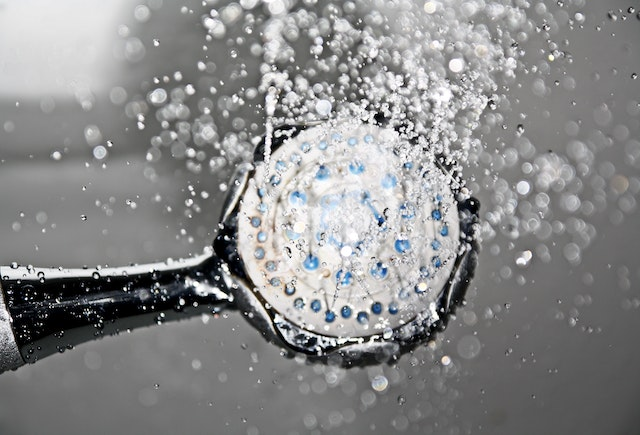
Here are the Best Scientific Strategies on how to Stop Hair Fall
Time to read 4 min
Time to read 4 min
There are several ways on how you can target hair fall, but the best ones require a bit of digging. You can get a blood test to understand if there are deficiencies, and get a hormone profile done to see if PCOD is causing it.
You can also know how to stop hair fall for yourself, as each person may have individual differences or underlying conditions that can cause hair loss. You can also work on understanding your environmental toxicity by getting your water and air tested through a lab.
Hair fall can be termed as the falling of around 50-100 strands of hair each day. There could be several reasons behind hair fall, which is why it is important to consider the medical history and overall lifestyle of the person.
You could have hair fall due to the following reasons -
If you have an immune condition, anaemia, or other factors, then hair loss may be present.
Your hair may require the right proteins, fats, B-vitamins and important minerals, to continue growing.
Toxins can enter the hair when lifestyle related factors aren't analysed and changed.
Certain shampoos may be containing sulphates which can cause hair fall in some people.
Hormonal issues can be connected to hair loss in the case of PCOD, PCOS, thyroid, and other conditions.
You can focus on the right strategies to help improve hair growth, which can take several weeks to several months to show effect. You can also start with nutrition and lifestyle related changes, while also getting a blood test done to start medication if needed.
A complete blood test can help in determining what deficiencies may be present that can be targeted with the right changes. You can also get more insights about your overall medical condition which can impact hair generation.
There may be toxins present through the air and water supply, which can be tested through a home sample check-up. You can also get a complete profile of multiple toxins through the testing of a hair sample.
You may be having a hormonal imbalance which can cause hair loss as a key result. You can check if you have a family history of hormonal issues, such as PCOD, and get a test done specifically for that condition.
Smoking, excessive drinking, and other lifestyle related issues can cause hair loss in various ways. You can also focus on improving circulation to the scalp with exercise, yoga, and stretching.
You can focus on B-vitamins, proteins, and essential minerals to improve your hair health. You can also enhance your hair quality by balancing your nutritional quality as well. You can choose the right sources and enhance the value.
Harsh and chemically strong hair products, including colours and dyes, can be detrimental for hair loss. The signs of hair loss such as clumps of hair, skin irritations, and scalp burning, can be associated with ammonia and other compounds.
To prevent hair loss it is important to focus on your scalp and hair. The scalp can be an important area for your hair to promote hair growth and to stop hair loss as well. You can use coconut oil, Argan oil, and other organic hair care solutions.
Minoxidil or steroids can be used topically and orally when it comes to medication for hair loss. You should consult with your dermatologist and medical provider, before starting any medication for your hair.
There are several tests that should be a part of a complete hair fall check-up. You can also get the list of tests from your testing provider and ensure that these are included in it prior to testing. You can also consult with your dermatologist about what other markers they would like to see prior to starting treatment.
Your complete hormonal profile, including cortisol (associated with stress) and testosterone.
Calcium, phosphorous, and zinc are vital to measure for complete hair health management.
Your hair care package should include Vitamins D, B-9, and others to check for deficiencies.
Your serum Iron levels can be tracked with a hair test, which can show information about anaemia as a possible reason.
If there is a change in CRP and ANA then there may be an autoimmune related issue.
Your RBC, WBC, haemoglobin, and other factors are important to check within the hair health protocol.
The hair test report can take around 3-4 days for the testing to be done. Your report can be shared via email directly.
Yes, home sample collection can be done for the hair fall test which is why it is recommended to book a test through MyDiagnostics.
*Medical Disclaimer - The following information is for educational purposes only. No information provided on this website, including text, graphic, and images, are intended as substitutes for professional medical advice. Please consult with your doctor about specific medical advice pertaining to your condition(s).

